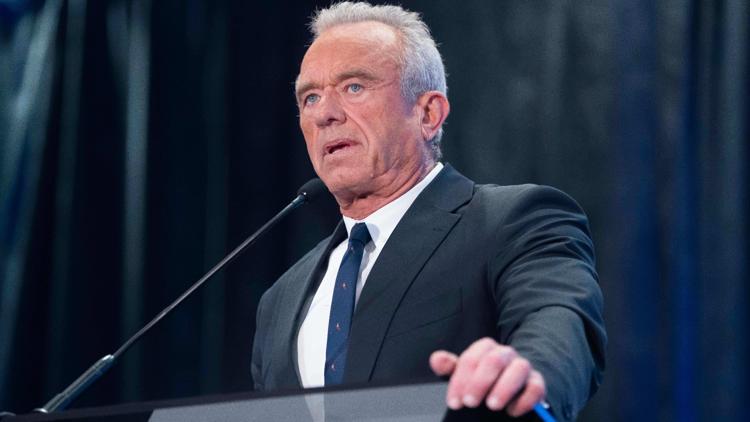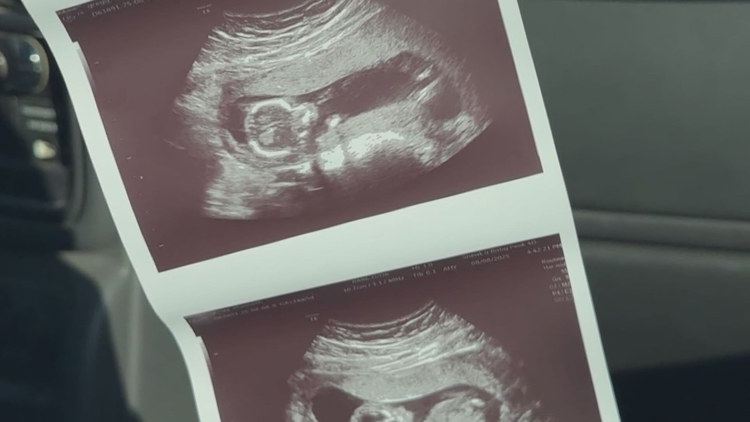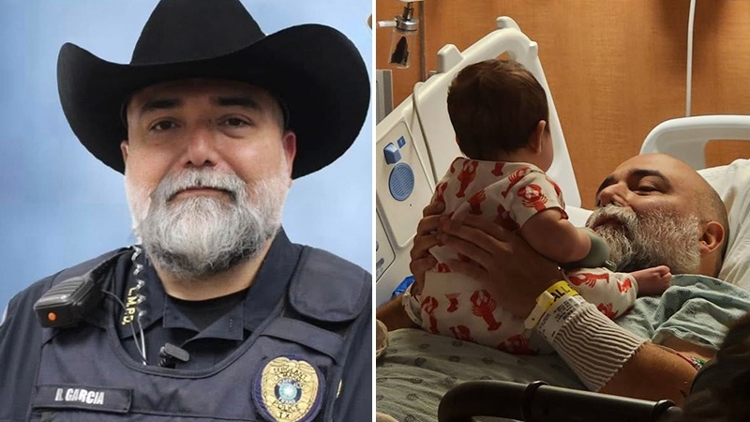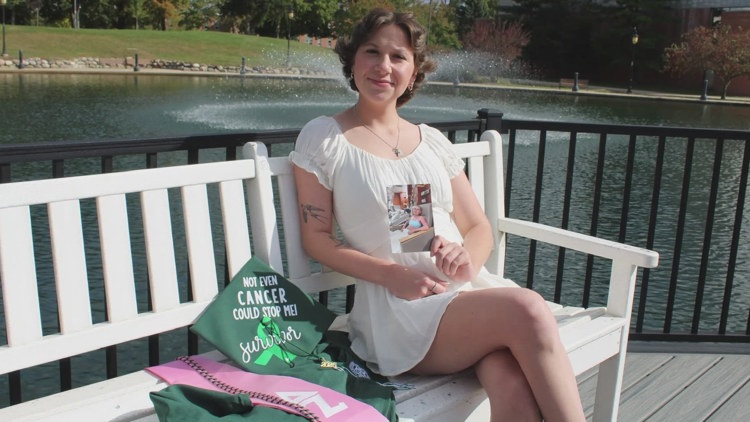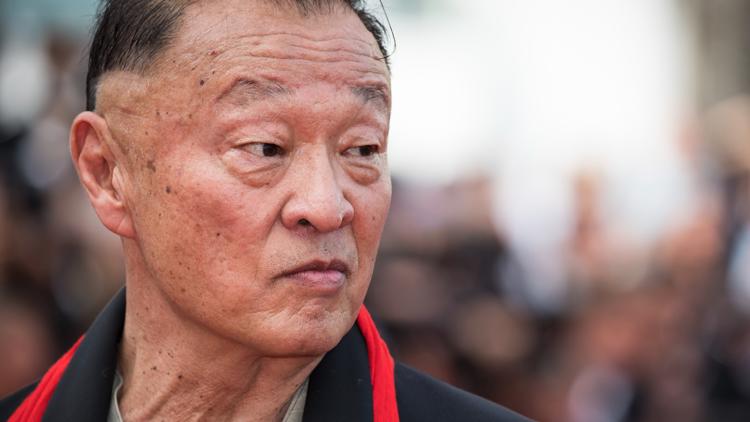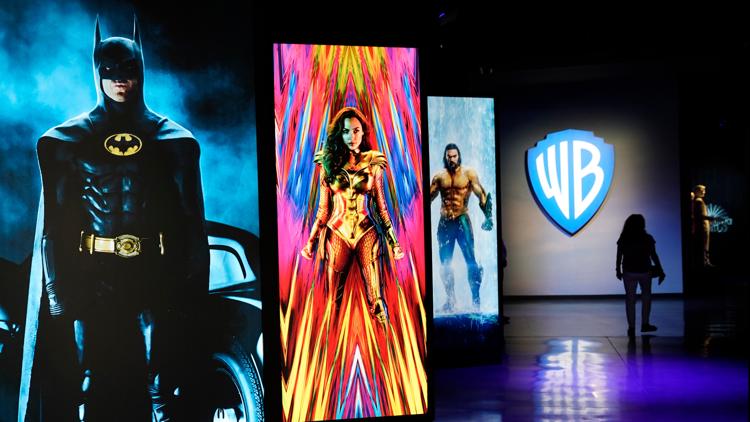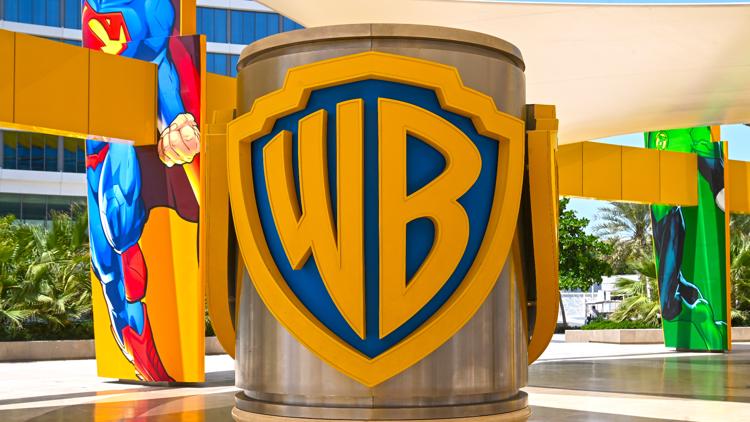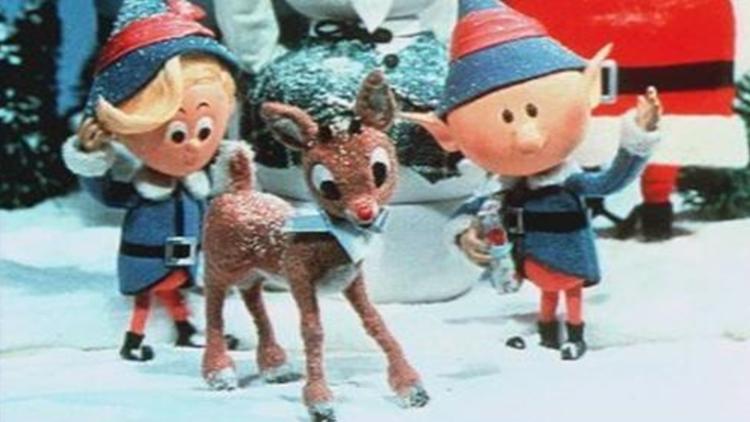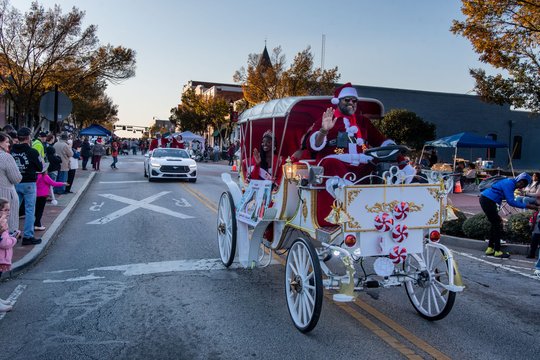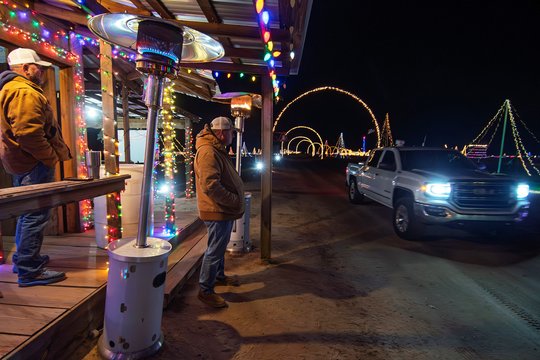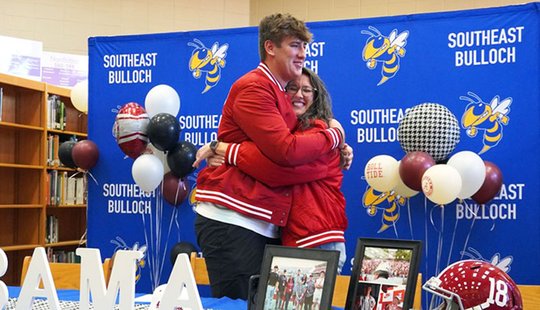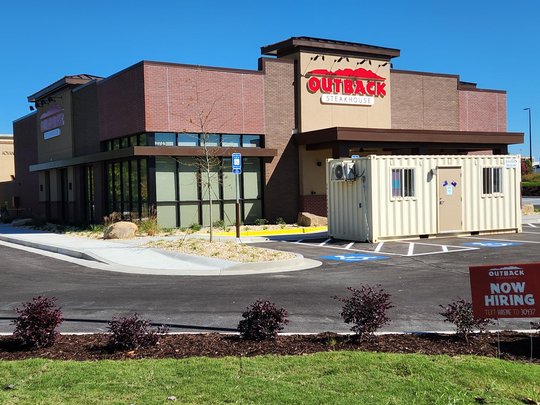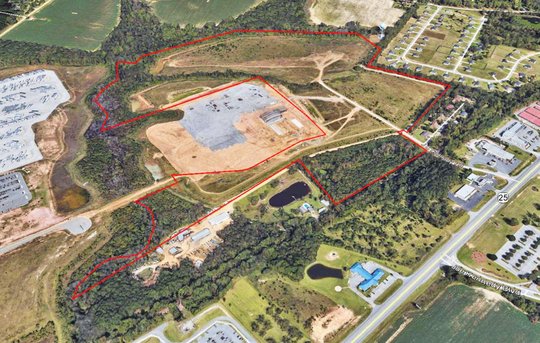On These Shoulders We Stand: Early roots of Atlanta’s LGBTQ+ movement
The origins of Atlanta and Georgia’s LGBTQ+ rights movement stretch back to the upheavals of the 1960s, when a handful of activists began laying the groundwork for visibility and justice. Among the earliest leaders was Lorraine Fontana, co-founder of the Atlanta Lesbian Feminist Alliance (ALFA), the state’s first lesbian organization. Abby Drue became the first […] The post On These Shoulders We Stand: Early roots of Atlanta’s LGBTQ+ movement appeared first on Rough Draft Atlanta.


The origins of Atlanta and Georgia’s LGBTQ+ rights movement stretch back to the upheavals of the 1960s, when a handful of activists began laying the groundwork for visibility and justice.

Among the earliest leaders was Lorraine Fontana, co-founder of the Atlanta Lesbian Feminist Alliance (ALFA), the state’s first lesbian organization. Abby Drue became the first openly LGBTQ+ person to serve at Atlanta City Hall, working under three mayors and later leading the Ben Marion Institute for Social Justice. Gus Kaufman wrote for the alternative newspaper “The Great Speckled Bird” and went on to become a visible activist known for his political advocacy.

Their contemporaries included fellow writers Berl Boykin and Steve Abbott, who co-founded the Georgia Gay Liberation Front (GGLF), with Kaufman later joining. Boykin, who also helped organize Atlanta’s first Pride march, recalled the American Civil Liberties Union refusing to secure a permit in 1971, declaring, “You are not a minority.” That year’s march proceeded on sidewalks, stopping at traffic lights to avoid arrests for jaywalking.
In 1972, through the tenacity of organizer Charlie St. John and others, the GGLF finally obtained a permit for the state’s first sanctioned Pride march.
Other key figures shaped the movement’s early years, including two noted people of color. Mary Louise Covington, a New York activist who later moved to Atlanta, aided those arrested during the Stonewall Inn uprising by delivering food and clothing to the jailed demonstrators. Lendon Sadler, remembered as both radical and approachable, was an Atlanta native who split time between Georgia and San Francisco, influencing early organizing.

The GGLF also reflected diversity within its leadership. Judy Lambert, a bisexual married woman, co-chaired the group alongside co-founder Bill Smith and her husband Phil Lambert. Performer Paul Dolan, known by the stage name Severin, embodied early non-binary expression through “cosmic drag” performances that became staples of rallies and benefits.
The GGLF’s internal tensions surfaced by 1973, when Smith and Severin clashed over direction and tactics. The group dissolved soon after, with activists Linda Regnier and Victor Host forming the Gay Rights Alliance to carry the Pride movement forward.
Atlanta’s early activism was also tied to broader cultural movements. Writer Steve Abbott, who helped found the GGLF before relocating to San Francisco, became the subject of national attention decades later through Fairyland, his daughter Alysia’s memoir adapted into a film produced by Sofia Coppola.
These pioneers helped establish a foundation for LGBTQ+ rights in Atlanta. Lorraine, Abby, and Gus remain activists today, passing on their knowledge and stories to continue the history of equality and visibility.
An Atlanta Pride Timeline
1969
Steve Abbott and Berl Boykin served on the staff of “The Great Speckled Bird,” an alternative underground weekly newspaper in the late 1960s. Both wrote articles and published editorial cartoons advocating for gay and lesbian pride.

Partnering with community activist Bill Smith, the three were the prime movers making the Georgia Gay Liberation Front happen in 1969. Notably, Smith insisted they call it the Georgia GLF (GGLF) to encompass the entire state.
Atlanta Solicitor General Hinson McAuliffe waged war on adult entertainment, and on August 5, 1969, Atlanta police raided the Ansley Mall Mini Cinema showing of Andy Warhol’s “Lonesome Cowboys,” a parody of cowboys in love and lust in the Old West.
Activist Abby Drue, now the CEO of the Ben Marion Institute for Social Justice, was entrapped and interrogated in the raid, along with the audience of about 70 people. The cinema projectionist was arrested, and cinema owner George Ellis was later charged with showing pornography.
Immediately after the raid, the GGLF began meeting and organizing as activist groups sprang up nationwide in the wake of the Stonewall Inn riots in New York City in June 1969.
Dr. Ara Dostourian, who is now 92, began his tenure as a professor at the University of West Georgia in Carrollton. Through “The Great Speckled Bird,” he aligned with Steve Abbott to found the first LGBTQ+ student group at West Georgia.
1970
The GGLF staffed an information table at the annual Piedmont Park Arts Festival.
For the first anniversary of Stonewall in June, a rally was hosted at Piedmont Park, including a group of activists touting signs and chanting on Peachtree Street.
Berl Boykin reported they did not coordinate a march, for fear no one would show up, and they would embarrass themselves.
Police harassment continues as LGBTQ+ clubs are targeted. The Club Centaur, located near Peachtree and 10th Street, headlines drag queens Phyllis Killer (Billy Jones) and Diamond Lil (Phil Forrester) and becomes the focus of a street riot, leading to Mayor Sam Massell closing the Centaur in November 1970.
1971
The GGLF convenes its first major public meeting on Feb. 4 at the Morningstar Inn in Emory Village, adjacent to Emory University. It turns into a raucous town hall meeting as people vent about prejudice and discrimination.
Berl Boykin becomes the organization’s legal researcher and Steve Abbott its publicist. Bill Smith and A. McClane are chosen co-chairs.
The GGLF applies for a permit for a Gay Pride parade in June, but the City of Atlanta refuses them a permit to march.
Nevertheless, a group of 125 protesters (Boykin says, “I know it was 125, I counted them twice!”) gathers on Peachtree Street near Ponce and marches to Piedmont Park on June 27. Under the scrutiny of the police, the marchers squeeze on the sidewalks and stop for every traffic light for fear they will be arrested for jaywalking.
A celebratory rally awaits in Piedmont Park, where guerrilla theatre mocks the ongoing war in Vietnam and attacks on LGBTQ+ people.
On July 14, Berl Boykin, Bill Smith, and GGLF leader Klaus Smith avail themselves of Gov. Jimmy Carter’s open meetings policy and press for equal access to employment and housing and repeal of Georgia’s sodomy law. Carter thunders “No” and has them thrown out of his office.
1972
The GGLF receives a permit for the Pride march with the help of newcomer and activist Charlie St. John.
A Pride march in the streets is not embraced by all. The Sweet Gum Head bar and The Cove bar toss GGLF members out for leafleting about Pride. Cove manager Frank Powell is rabidly against public demonstrations for gay rights.
Yet hundreds turn out for Atlanta’s first Gay Pride in the streets. Bill Smith is caught on camera in extreme close-up bellowing, “What do we want? Gay rights! When do we want them? NOW!”
GGLF co-chair Judy Lambert leads the march with her husband Phil Lambert as a proudly bisexual married couple.
Atlanta native Paul Dolan, known as Severin, entertains the rally, in “cosmic drag” as a bearded and mustached man in an evening gown, singing his own compositions, “I’m Tired of Straight Man F*cking Over Me!” among them.
Rev. John Gill of Atlanta’s Metropolitan Community Church marches with most of MCC absent. He and GGLF writer Dave Hayward guest on Georgia Tech’s student station WREK after the march.
“The Great Speckled Bird” gives Pride their cover and their centerfold insert.
Meanwhile, the Board of Regents at the University of Georgia cracks down and throws UGA’s Committee on Gay Education off campus. This stoked mass protests and a fundraiser in Athens by drag icon Diamond Lil.
Later in 1972, the GGLF succumbs to dissension and in-fighting and Severin leads a group of folks out of the group.
1973
The GGLF hobbles on to mount another Gay Pride in June and then disbands.
A group of Lesbian women march with paper bags over their heads in protest for those who cannot march openly.
Mayor Sam Massell anoints the “first openly gay anything’ as he appoints Charlie St. John to the Atlanta Community Relations Commission.
1974
In 1974, Atlanta Pride continued under new coordinators Linda Regnier and Victor Host, which would usher in the Pride Celebration that continues 55 years later.
Find out more at Touching Up Our Roots, Georgia’s LGBTQ+ Story Project, at touchingupourroots.net.
The post On These Shoulders We Stand: Early roots of Atlanta’s LGBTQ+ movement appeared first on Rough Draft Atlanta.
What's Your Reaction?








